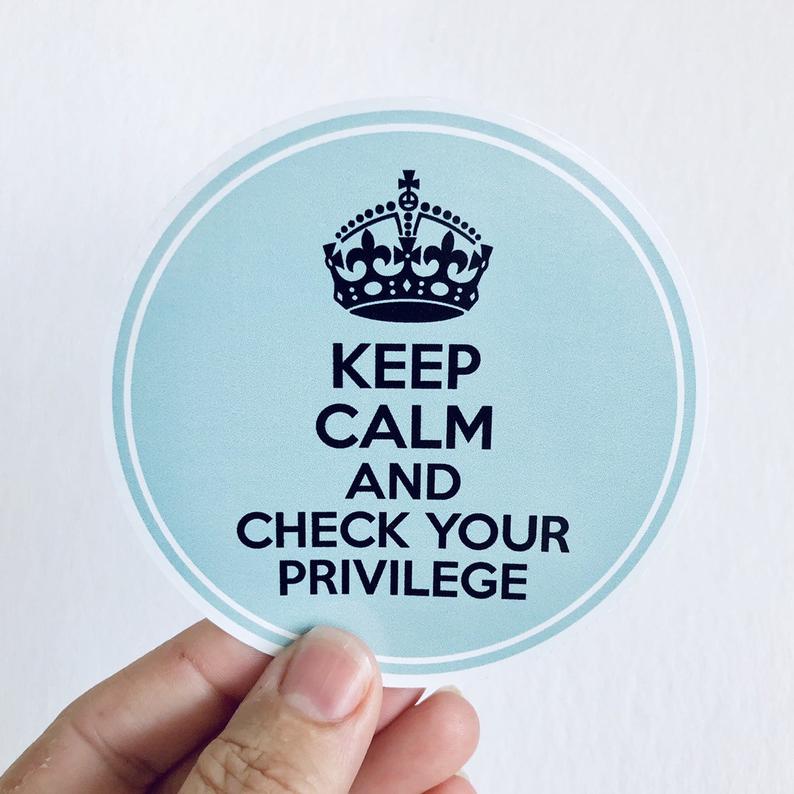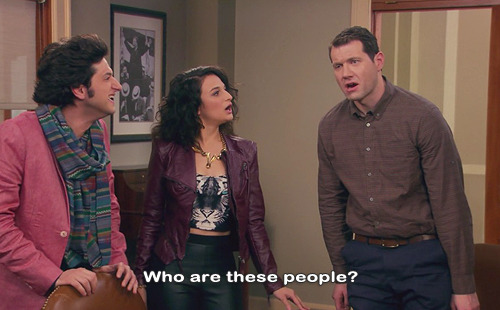5. It’s good to check your privilege.

This is a lesson I learned from my students. My first year at Paredes, my 6th period class and I engaged in a deeply eye-opening conversation about poverty. Back then, I claimed that I grew up poor. While it’s true that there were times when our electricity got cut off or we had to scrape by on leftovers until payday, we always, always had a roof over our heads and shoes on our feet.
Even after losing almost everything when my ex-husband had a psychotic break, Park and I still slept in a room with clean sheets, and we never missed a meal, thanks to my parents.
So I told my students that, as a single Mom, my child and I struggled. Therefore, we were poor. One of my students asked, “Miss, do you have a car?”
I told her, yes. In the divorce, I got the Jeep, for which my ex paid cash, so it was mine free and clear.
My student said, “If you don’t gotta ride the bus to get to work, then you ain’t poor.”
That child’s words rocked my perspective. I did not want to hear it… but, the seed of truth was already planted. I began to listen closely to my students’ stories: About their parents who worked two jobs each and still could barely make rent; About living in rat-infested hotels; About not having food on the weekends, and returning to school on Monday morning, ravenous and angry. I learned about some students living in two-bedroom apartments with eight or nine people. I learned about some of them not having running water or a safe place to sleep.
Most of my students – 85 percent of them or more – were children of color. More than a few were first generation Texans. Whatever circumstances brought them to Austin, they were placed side by side with families who started out with more. They were then systematically compared with these more privileged children, kids who never had to worry about getting bitten by rats in the middle of the night, let alone what they’d have for dinner.
A sad truth exists in that those who possess privilege are often blind to it. I freely admit that I was. I had a freakin’ car. That allowed me freedom and mobility many of my students’ families lacked.
Even now, I experience blind spots in my privilege. Here’s an example of a recent realization: I can kiss my fiance in public. My trans-lesbian child will get shamed or even attacked for this same display of affection. Didn’t even think about it. I can hold hands with my fiance… what a privilege that is, and yet I fully took it for granted.
As a society, we tend to blame the lesser privileged in this country for their plight.
Which is sort of like us saying this…
People sometimes get offended because we think that by recognizing systemic inequalities, it somehow trivializes our own struggles and accomplishments. But, acknowledging that we have privilege takes nothing away from us. It should serve as a reminder that we started out with certain gifts, like being able to speak English, and these have helped us along the way.
The first step in healing this discrepancy is acknowledging that we have a problem. Racism exists. Classism exists. As an English-speaking white woman, it’s my duty to check my privilege and make that sure I’m using it for good.
Here are two books I recommend:
A Framework For Understanding Poverty by Ruby Payne
Why I’m No Longer Talking to White People About Race by Reni Eddo-Lodge
6. Problematic people will never not be problematic.

If you love them, accept them and know there will always be drama. Always. If you don’t love them, take a step back and evaluate why you still want them in your life. If you love them but can’t accept them, maybe you’re not loving them as completely as you think.
Tomorrow, I’ll continue with this ongoing blog series about things I’ve learned in the last decade. ICYMI, here’s the previous post:
10 Things I Learned in the Last Decade, Part Two